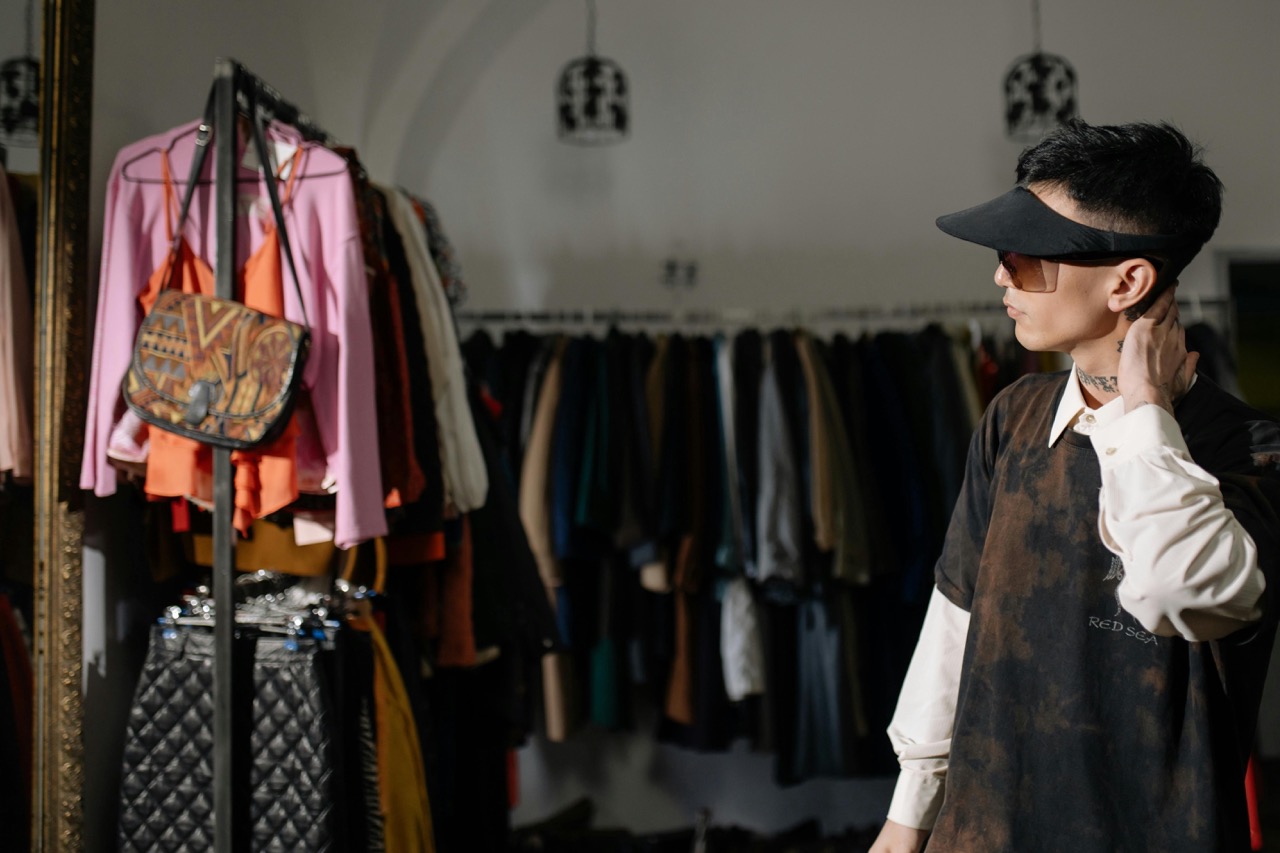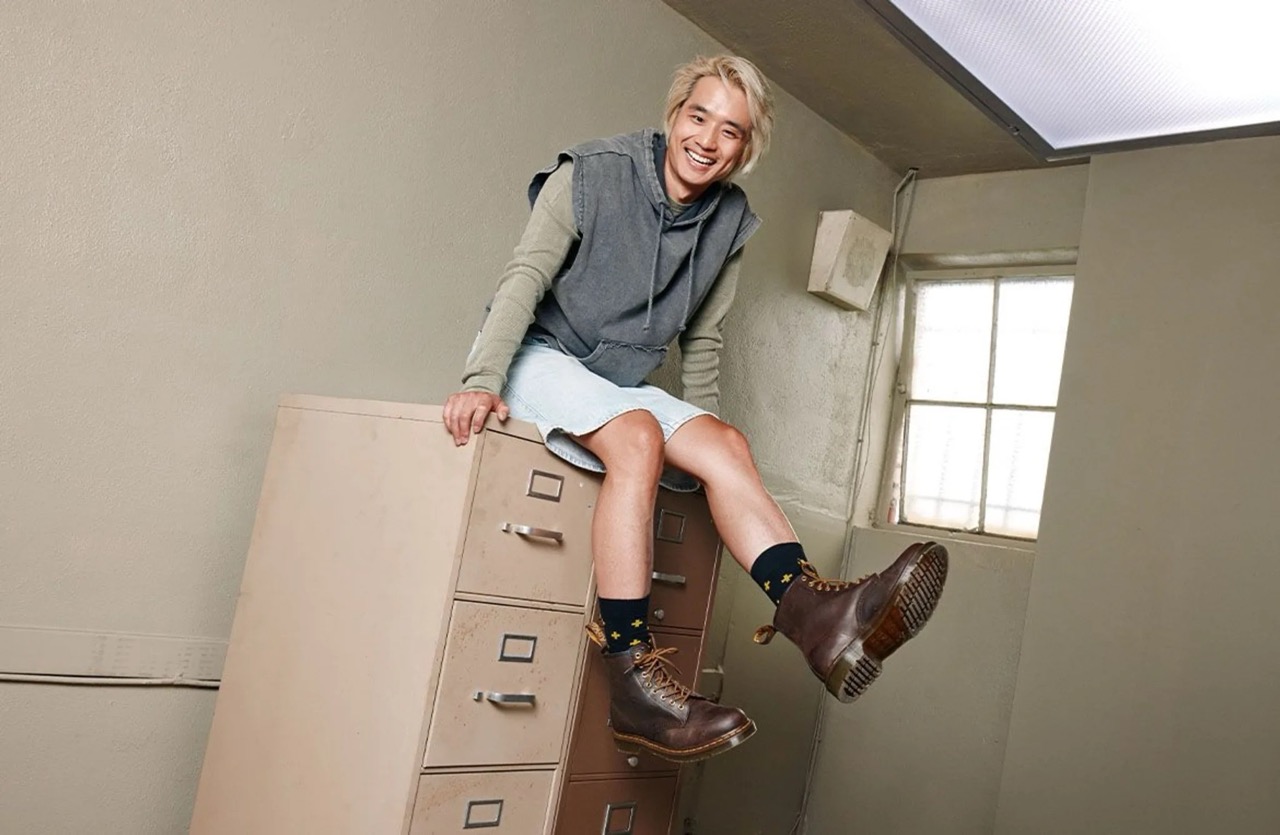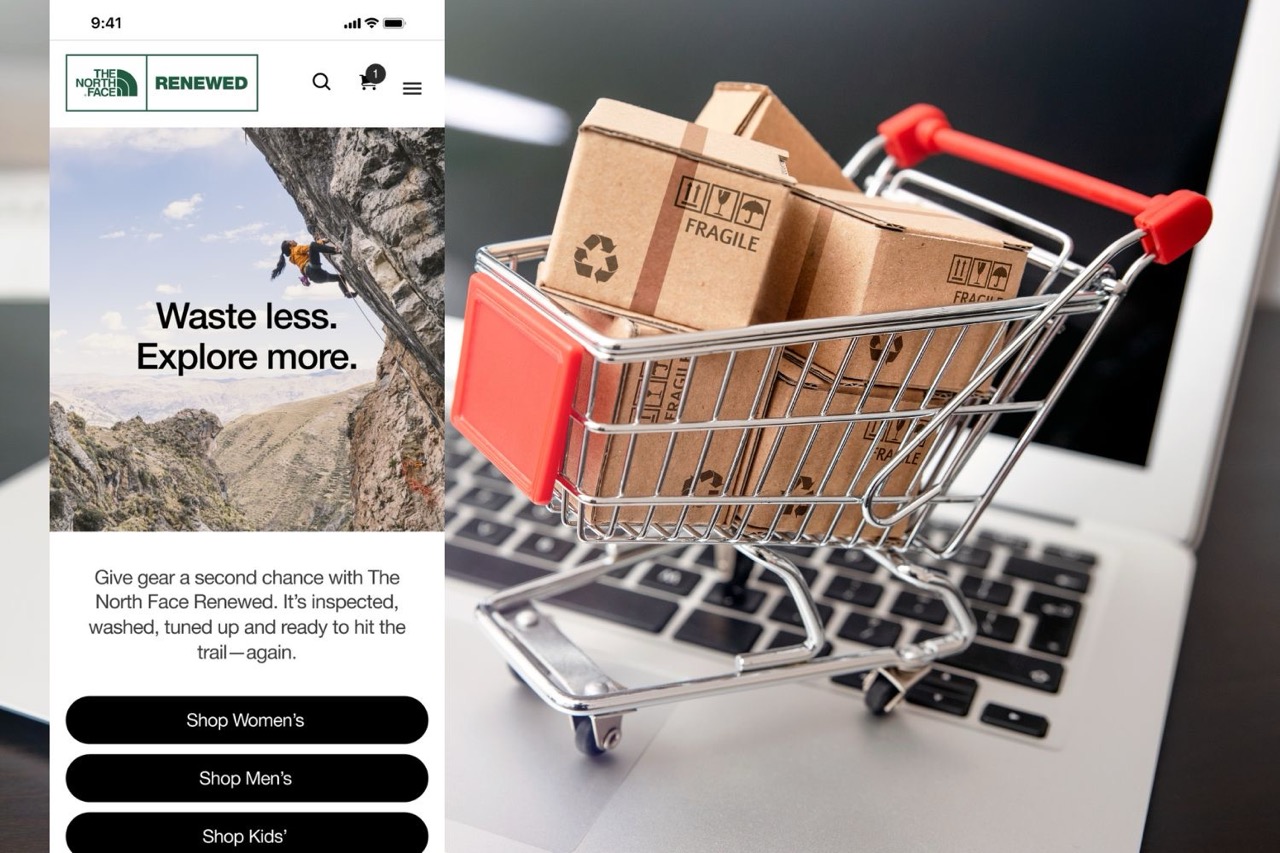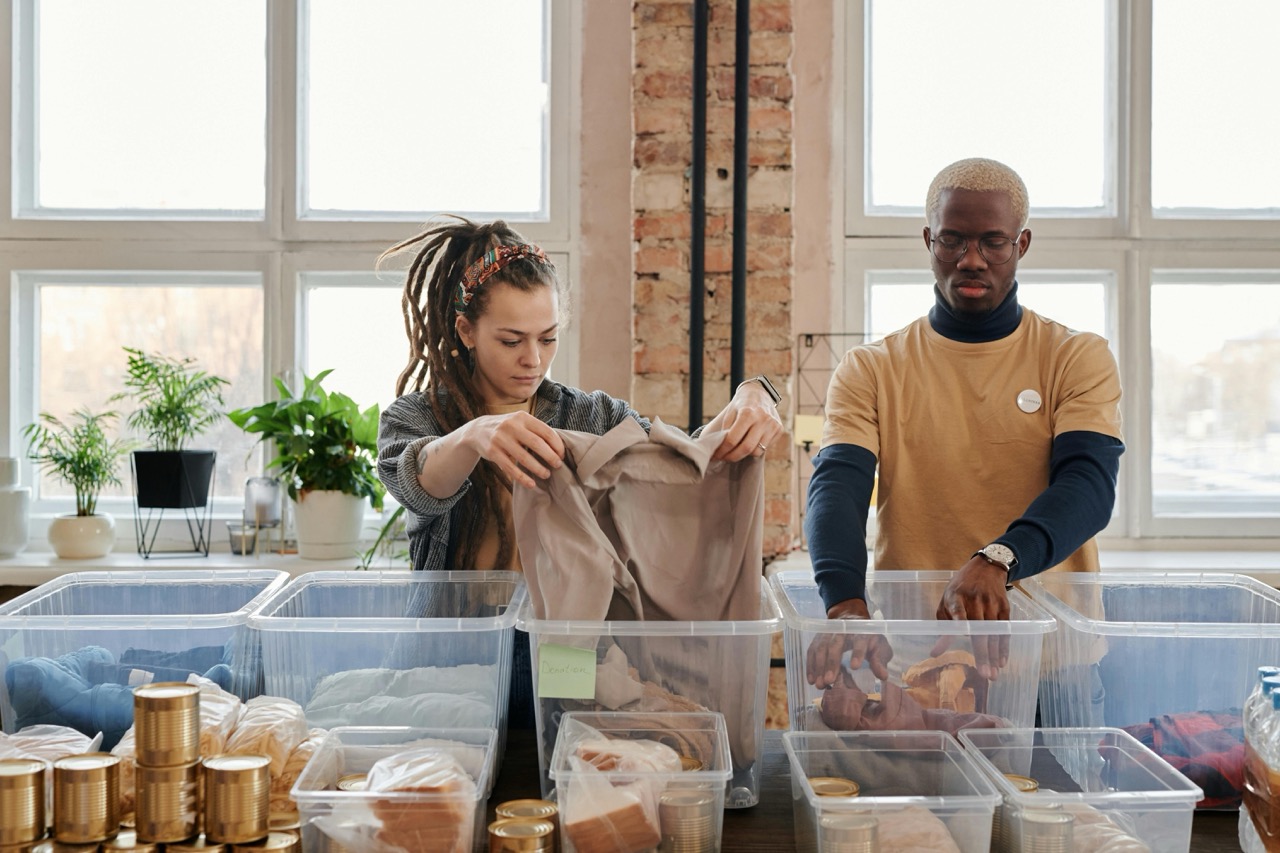Archive is a platform for brands to resell their merchandise, the company has partnered with figures like The North Face (Take Back Program), Lululemon, Oscar de la Renta (Encore), Dr Maten ReWair and many more. Archive provides a circular solution in a business-to-business (B2B) model, promoting refurbishment and recommerce in the fashion category.
Founded by Emily Gittins and Ryan Rowe, Archive provides a platform for brands' circular ambitions. In 2024, Archive was named Fast Company's Most Innovative Companies of 2024, ranking #2 in the retail sector alongside retail giants like Walmart.
There is an untapped potential in brands adopting take-back programs, refurbishment or subscription models, the newly adopted circular practices can create new and reoccurring income streams. Archive board member emphasises this idea:
"Resale is a massive online category already and is growing three times as fast as new apparel sales".
What is Recommerce at Archive?
The tech company was launched back in February 2021 and has received a great amount of support and financial investment. CEO of Archive, Emily Gittins explains:
"We’re expanding into Europe more seriously and wanting to build integrations and options for brands in European markets as well as go into different categories".
 Image source Ahmad Al-Attary
Image source Ahmad Al-Attary
Archive provides brands with personalised and customizable platforms, all while keeping control of your company data.
Archive: Future of Recommerce in Europe
The company has had great success in their early years in North America with a desire to expand to Europe, Gittins highlights the brand's future vision:
"We have clients that offer apparel, that are going into home. About 30 brands have partnered with us at the moment and we’re seeing a huge amount of brands reaching out to figure out their resale strategy for 2023."
 Image source Cottonbro Studio
Image source Cottonbro Studio
With 40% of Gen Z closets being second-hand, the resell models are becoming increasingly more attractive to consumers because of the product's price point and increase in consumer demand for sustainably made products.
Why Buy Second-Hand?
Buying second-hand or used items can have a great impact, even if you don't believe you are contributing to a sustainable future, you are. Buying pre-loved or dead-stock items can help reduce carbon dioxide emissions by 82% in comparison to purchasing new items. Why is that?
By choosing products that are already in circulation and extending their lifespan through proper care and repair, we can significantly reduce our environmental impact.
 Image source Dr Marten Rewair
Image source Dr Marten Rewair
Every new product manufactured contributes to carbon emissions and resource depletion at multiple stages of the value chain— from cultivating raw materials like cotton to producing petroleum-based synthetic fibres, transporting goods, and undergoing chemical processing.
Each step adds to the overall carbon footprint of each individual product produced. By opting for pre-existing items rather than purchasing newly produced goods, we help avoid the exponential rise of CO2 emissions, making a more sustainable choice for the planet.
Archive Pioneer in Tech Resale Solutions
Archive is revolutionizing the way brands embrace recommerce by providing tailored tech solutions designed to seamlessly integrate into their operations. With significant investments in software and operational technology, Archive offers brands a level of infrastructure they may not have traditionally developed in-house.
We had the opportunity to interview Archive's CEO's, Emily Gittins and Ryan Rowe on the future of recommerce.
Archive’s strategy is built on three core pillars—e-commerce, logistics, and retail—working alongside brands to create a seamless recommerce experience.
There are endless recommerce opportunities for brands partnered with Archive expertise. Company CEO Emily Gittins shares:
“We really don’t see resale as a side business,” said Gittins. “We see it as a core part of the business, so integrating between marketing new and used products and, integrating the customer experience and the customer accounts is key”.
 Image source Antoni Shkraba
Image source Antoni Shkraba
E-commerce with Archive
Archive delivers a customized e-commerce experience for each brand, offering a best-in-class user interface with algorithm-driven price recommendations and a curated shopping experience. Brands maintain full control over their identity, with options for review-based oversight or collaborative design integration.
Logistics with Archive
Archive simplifies business logistics through advanced technology and an established network of resale logistics partners. By integrating resale capabilities within brand warehouses, companies can maximize profitability while handling repairs, cleaning, photography, and quality control. Archive also provides end-of-life solutions, including recycling, resale, or donation, enabling brands to adopt circular business models efficiently.
Retail with Archive
Archive’s software solutions support a unified retail and recommerce strategy, offering streamlined trade-in experiences for both consumers and store associates. Collection points and mailed trade-ins help brands replenish in-store and online inventory with high-quality secondhand items, ensuring a sustainable and profitable retail ecosystem.

Archive Collaborators: Powering the Future of Recommerce
Archive is reimagining the recommerce experience through strategic partnerships with industry leaders, including:
Tersus – Experts in inventory management and cleaning logistics.
ACS – One of the UK’s leading circular fashion fulfilment centres.
EON – Facilitating Digital Product Passports for traceability and transparency.
Supercircle – Powering trade-in and recycling programs for brands and retailers.
NuShoe – Specializing in footwear renewal services.
Unlocked Potential in Recommerce
Archive is transforming resale and e-commerce through cutting-edge, technology-driven solutions, allowing brands to integrate circular practices seamlessly. By adopting resale models, brands can attract eco-conscious consumers seeking a more sustainable shopping experience, while simultaneously strengthening brand trust and customer relationships.
 Image source Julia Cameron
Image source Julia Cameron
Creating accessible platforms for purchasing pre-owned or “preloved” items is essential for the sustainable growth of brands—especially within the European Union, where circular economy initiatives are becoming a regulatory focus. (Read more on EU Sustainability Goals here >>)
 Image source RDNE Stock Project
Image source RDNE Stock Project
By repositioning secondhand fashion as “archival” pieces, Archive challenges traditional perceptions of used items and elevates the shopping experience through a sophisticated, well-organized digital platform. This shift not only enhances consumer perception but also drives new revenue streams while significantly reducing carbon emissions.
For companies looking to embrace sustainability without compromising profitability, integrating a resale model is no longer just an option—it’s the future of fashion retail.
What is Archive Resale?
Archive is a technology-driven recommerce platform that helps brands resell their merchandise through customized, seamless solutions. The company partners with major brands to implement circular business models.
Why is resale important for brands?
Resale is one of the fastest-growing markets, expanding three times faster than new apparel sales, it is essential strategy for brands looking to increase revenue while reducing environmental impact.
Is Archive launching international?
Yes! Archive is rapidly growing in North America and expanding into European markets, working with brands to build recommerce circular strategies.









